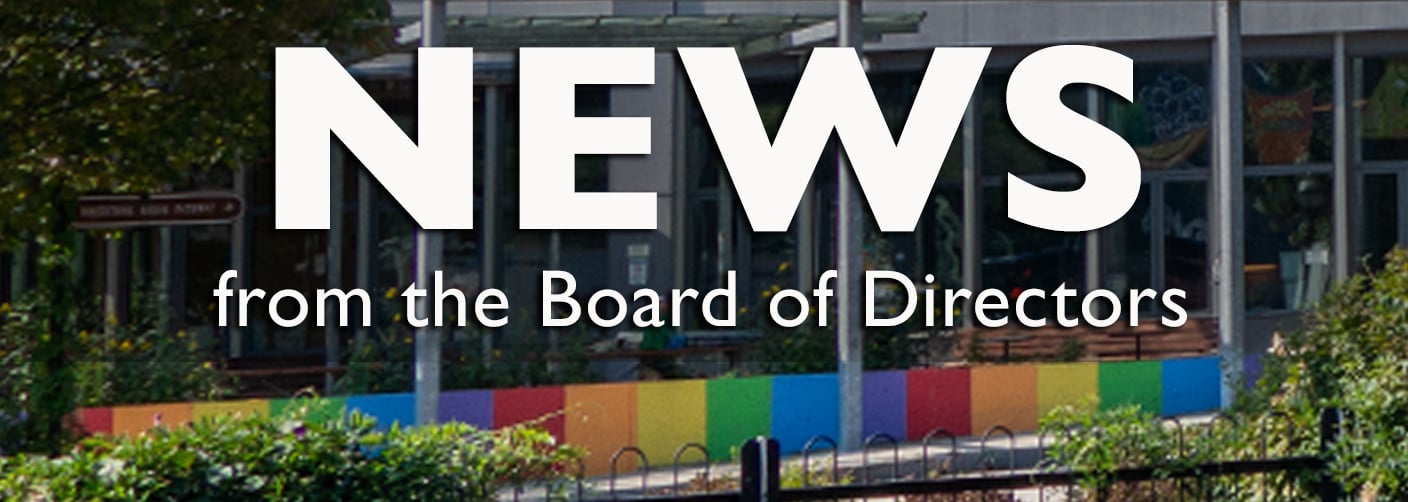What makes a Co-op a Co-op?

By Michele Meulendyk
This year, as we celebrate our 50th Anniversary, we’ll be looking back at our origins, and forward toward the future. Each month our Co-op will explore the many ways in which BFC, and other co-ops, contribute to our communities. We’ll explore health and education, sustainability and local economies, cooperative principles, unionized labor, diversity and more!
While these are all wonderful ways in which our Co-op contributes to our community, none of them are what actually make us a co-op.
What defines us as a co-op is the fact that we are owned by our members, known as shareholders. Our original members came together to create a buyers club to ensure they had access to wholesome and healthy foods. Over the past 50 years, Brattleboro Food Co-op has grown and now provides a diverse selection of local, wholesome, and ethically produced products to our entire community.
Business cooperatives help individuals and/or small businesses band together. This allows them to participate in the modern business market while upholding cooperative values and principles, such as shared ownership and some form of democratic leadership or governance. Co-ops focus on serving the needs of their members and, in doing so, directly benefit their local communities. In these ways, cooperative business models contribute to more equitable economic practices, more sustainable environmental practices and stronger local economies, rather than maximizing profits for investors, CEOs or outside shareholders.
You’ll see many types of co-ops out there, particularly here in New England, home of some of America’s earliest cooperative endeavors. At King Arthur Flour, we see a worker-owned cooperative. At Cabot Creamery, we see a farmer-owned co-op. Here at BFC, we are a member-owned co-op.
Learn more about becoming a member here: https://brattleborofoodcoop.coop/become-a-shareholder/
Michele Meulendyk
BFC Board President
About Producer of The Month

Shop Online

On Sale Now!

